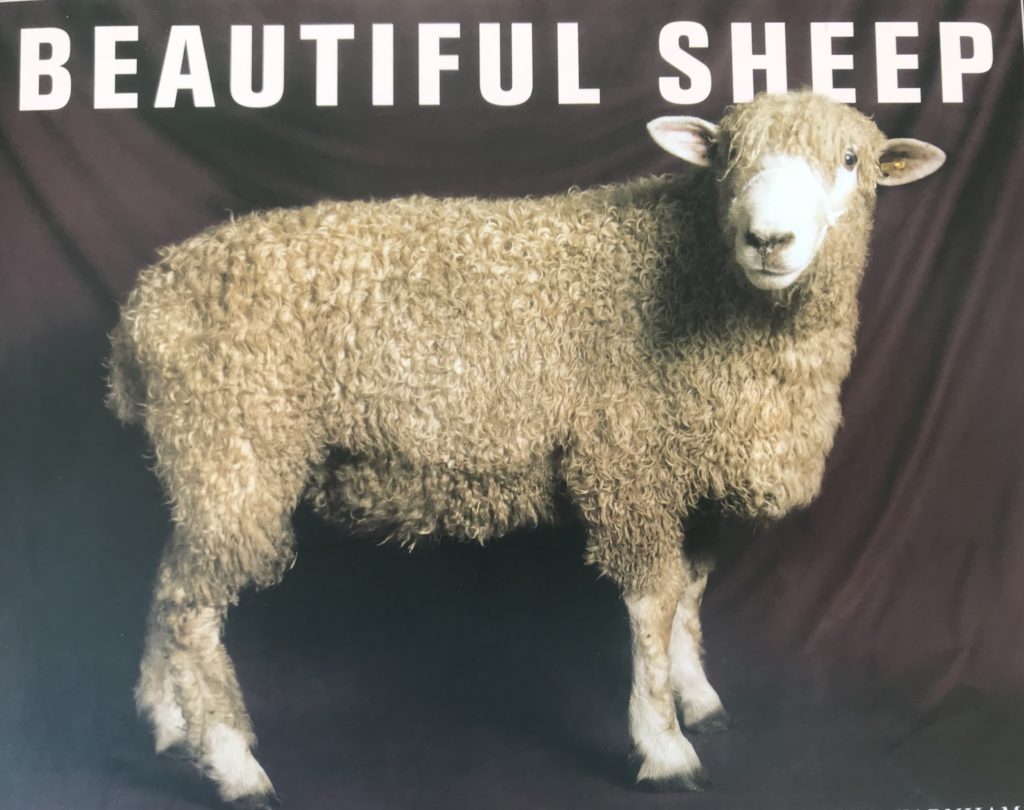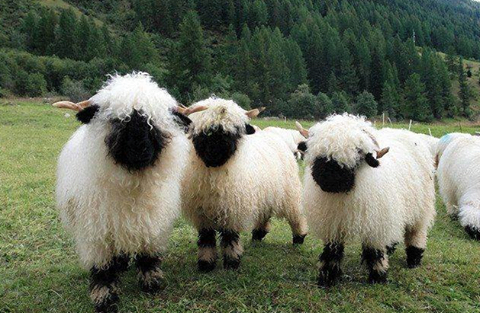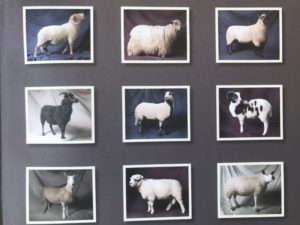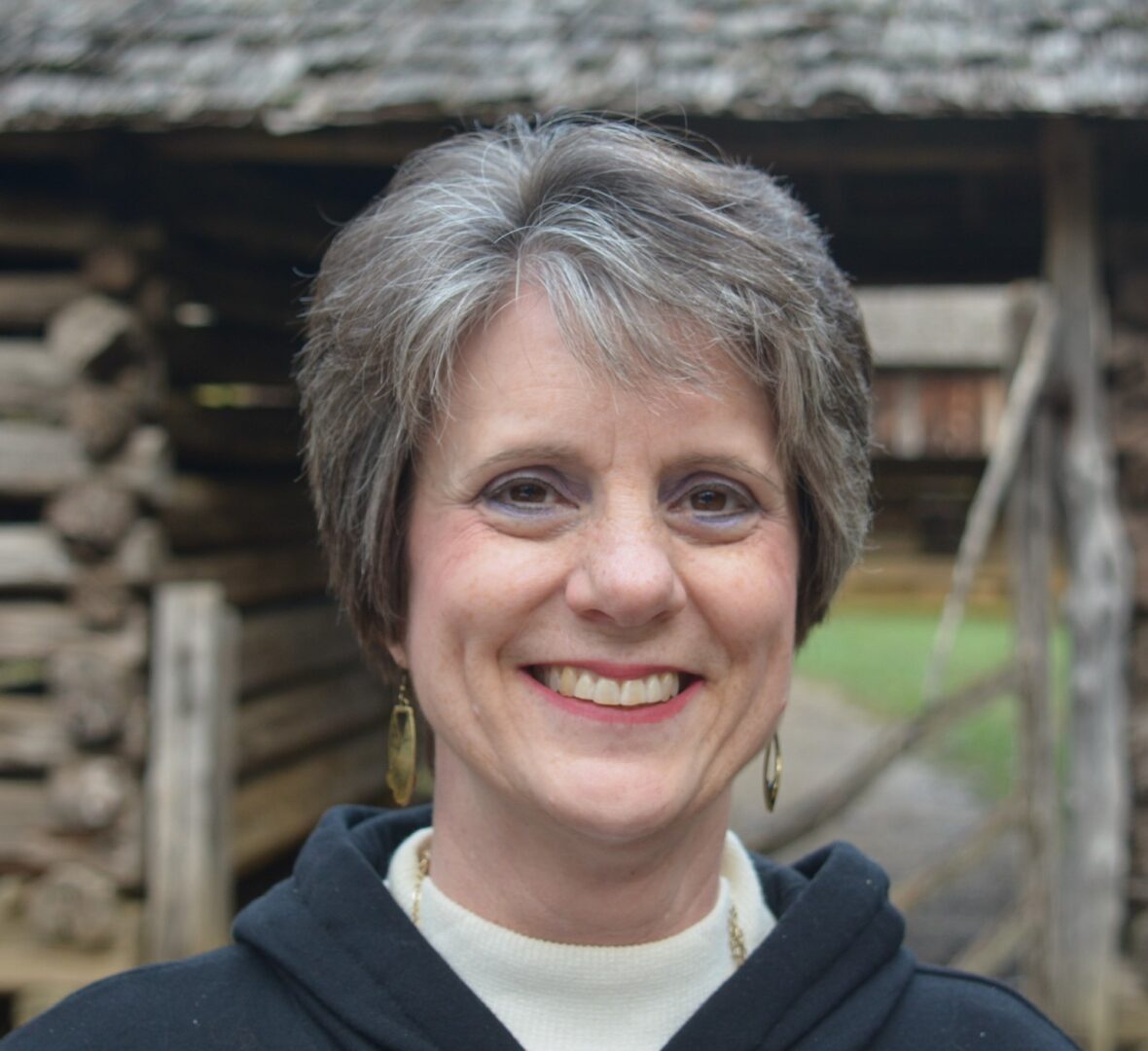
BEAUTIFUL SHEEP

When my family was visiting Ireland I picked up a book entitled “Beautiful Sheep.†The book made me smile as I considered the odd title and why it would go so far as to call sheep “beautiful.†But as I flipped through its pages, sure enough, the show-quality sheep prepped for photo shoots were indeed quite beautiful. I learned more about sheep than I ever thought you could know. For example, did you know that sheep are classified as wool-class, hair-class, or sheep-meat? Wool-class breeds include Shetland, Merino, and Romney; hair-class breeds include Barbados Blackbelly, Wiltshire Horn, and Mouflon. Examples of sheep-meat breeds include Dorset Hampshire Down, and Suffolk. Some breeds are dual-purpose. There are white-faced, black-faced, blue-faced sheep; short-wooled, long-wooled, coarse-wooled, fine-wooled sheep. There’s brown-colored, white-colored, black-colored, and black-spotted sheep. They have curved horns, straight horns, stubby horns, even dual horns. Some sheep are suited for the high hills; others for low-ground pastures, or gentle upland areas. Within each breed are rams, ewes, and yearlings. There are literally hundreds of different breeds of sheep throughout world. Who knew? Except for maybe sheep farmers!
So why am I spending so much time talking about the different kinds of sheep? Because the Bible refers to us as sheep. “We are his people, the sheep of His pasture†(Psalm 100:3b). Not only are we individual sheep but the church is like a flock of sheep. Perhaps the best known analogy of a flock and a shepherd is found in the favorite and often read Psalm 23. “The Lord is my shepherd.â€

I find it interesting and comforting to realize that sheep are just as unique as we are as individuals. Our environments vary; our appearances are diversified; and our purposes are specialized. Although we may not have the same DNA, we have many of the same characteristics as sheep. It is no mistake that we are like sheep. Sheep find security in a flock as we do with our family and/or friends. The church “flock†looks towards its leader, the pastor, for teaching and direction. The pastor, in turn, seeks ultimate guidance from the Good Shepherd. Of course, as believers, we also have direct access to the Good Shepherd. And yes, He sometimes needs to use His staff or rod to protect us or correct us when we’ve been baaaad. (I couldn’t resist!)
In upcoming blogs I will highlight some Lessons from a Sheep that demonstrate overlapping characteristics we have with sheep and how we relate to our Good Shepherd just as sheep relate to a shepherd.
1 Comments
Leave a Comment
Follow This Blog
Ewe R Blessed Ministries / Karen O. Allen

The blog on sheep reminded me how important my flock, church family, and pastor is.